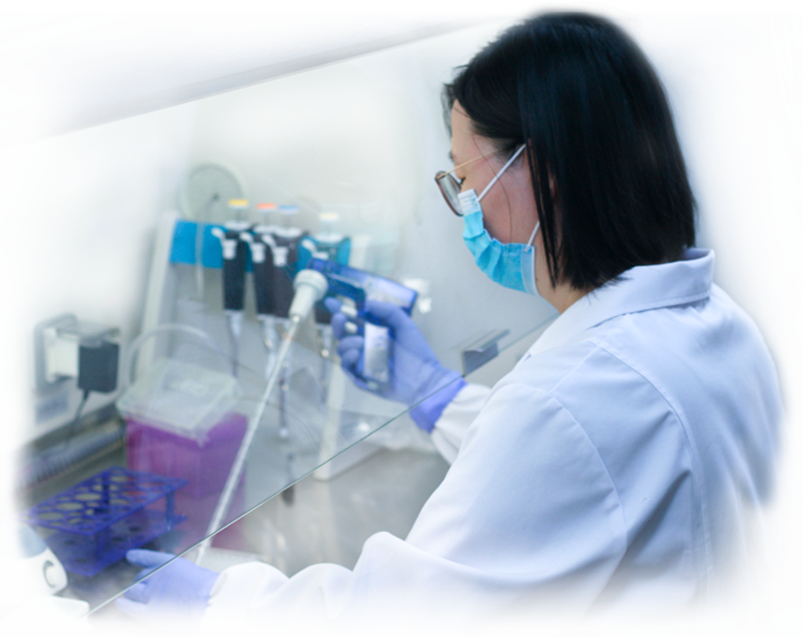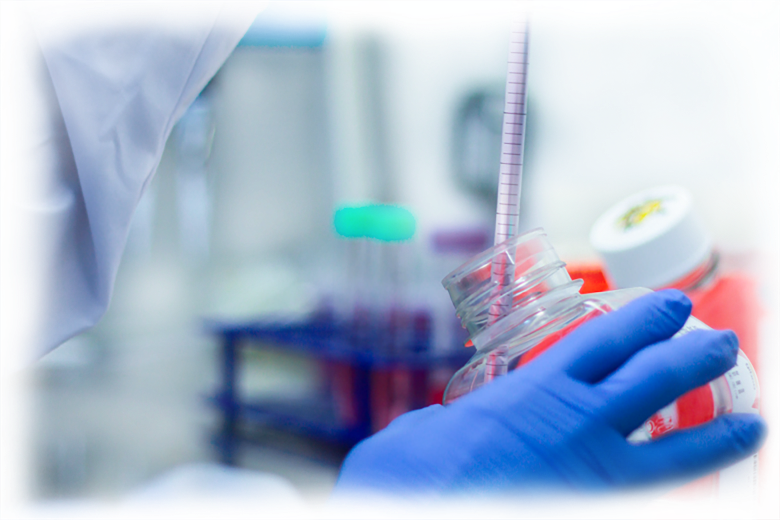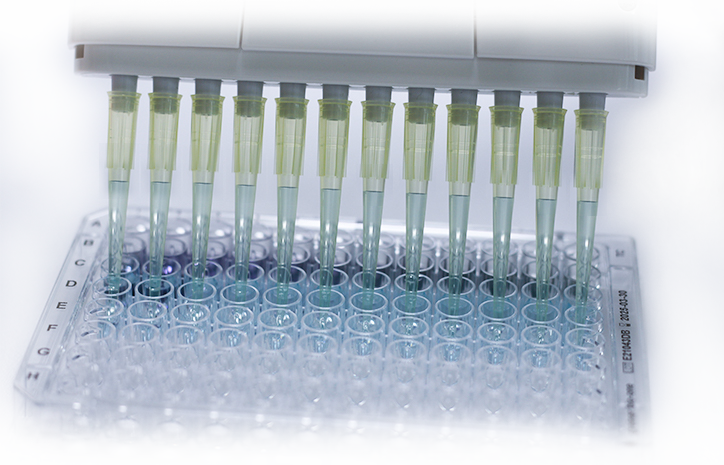

Metabolic diseases and tumors are major threats to human health, and cholesterol metabolism research is at the forefront of biomedicine and as a key foundation for drug development. Cholesgen has long been committed to cholesterol metabolism research, focusing on the key regulatory genes, proteins and signaling pathways in cholesterol metabolism, revealing new regulatory mechanisms and searching for new intervention targets. By leveraging its R&D strengths and achievements in cholesterol metabolism, Cholesgen is very capable to develop new drugs with new targets and mechanisms of action to address the unmet clinical needs of metabolic diseases and tumors.
Steroid drugs, are prominent and occupy an important position in the chemical drug industry and are the second largest class of drugs after antibiotics. Different physiologically active compounds can be obtained by introducing different functional groups into the steroid core or branched chain of a steroid, which can be used in the treatment of many different diseases. At present, there are more than 300 steroid drugs produced worldwide. In recent years, steroid drug R&D has become a hot spot in the field of metabolic diseases and oncology drug R&D: Obeticholic acid and Aramchol, as a representative of a number of steroid drug targeting metabolic diseases, have entered the clinical phase III, corroborating the prospect of the application of steroid drugs.

For metabolic diseases and tumors, Cholesgen integrates reporter screening system(based on target regulation mechanism), protein-small molecule interaction system, and an in vivo efficacy modles in the new drugs,development process,aiming to build an independent R&D platforms for target validation, hit finding and drugs optimization in all aspects to efficiently promote the in-depth drug discovery and development.
Cholesgen has been long-term committed to the study of cholesterol metabolism, and has deep understandings and professional knowledges for metabolic diseases. Based on our professional skills and experiences, we have a unique R&D advantage in metabolic diseases. We have established and carried out a number of experimental animal models for hyperlipidemia, atherosclerosis, non-alcoholic fatty liver disease, diabetes mellitus, tumors, etc., forming a complete set of professionaldisease analysis and intervention methods.
Based on the structural information of a protein target, Cholesgen's structural biology scientists use the structural biology data of the target protein in combination with virtual modeling to analyze and predict the binding mode between thetarget and the compounds, and to generate innovative ideas for compound design and optimization to improve its biological effect, target specificity or physicochemical properties.
Cholesgen focuses on the in-house development and design of steroidal drugs for lipid metabolism and tumor signaling pathways. Starting from small molecule compounds (e.g., steroid chemistry), Cholesgen obtains innovative compounds either by total synthesis or by modification of the pharmacal core of natural steroidal substances. We also combine computer-aided design and structural biology to optimize drug structure and activity, and are committed to the development of novel steroidal drugs targeting metabolic diseases and tumors.
With the development of next-generation sequencing technology, sequencing analysis of large-scale populations and genetic family lines, combined with a variety of metabolic phenotypes observations, has revealed that more and more genetic variants affect human cholestrerol metabolism, increasing or decreasing the risk of cardiovascular disease, fatty liver, diabetes, etc. Cholesgen explores the mechanisms of cholesterol metabolism from the perspective of biochemistry and human genetics, and utilizes genomic tools and genetic knowledge to develop and validate new targets and find innovative therapies for metabolic diseases and tumors.